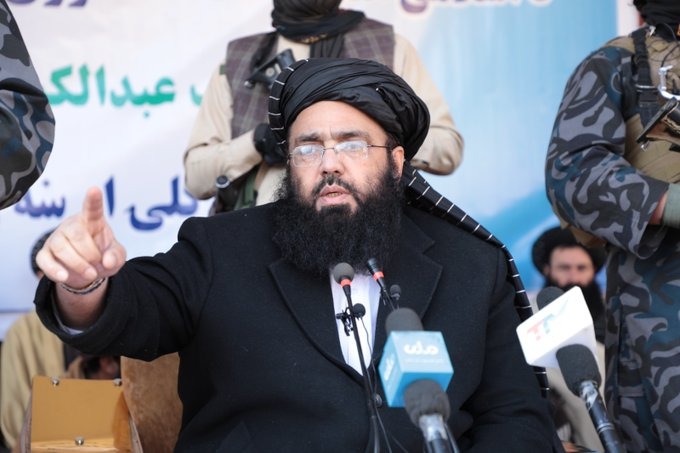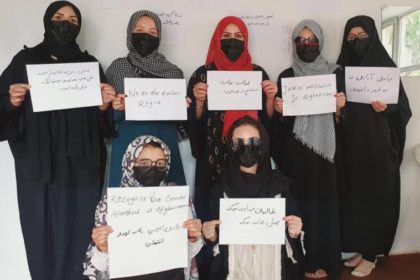RASC News Agency: Mawlawi Abdul Kabir, recently ousted from his role as Deputy Prime Minister of the Taliban, has assumed the position of Acting Minister for Refugees nine days after his appointment, declaring his unwavering obedience to Mullah Hibatullah Akhundzada, the Taliban’s supreme leader. Abdul Kabir, who was removed from his deputy premiership and reassigned as Minister for Refugees, finally attended the ministry on Sunday. Addressing staff at the Ministry of Refugees, he emphasized that his allegiance to Mullah Hibatullah was not tied to any specific position but was rooted in his commitment to Islamic principles and Sharia. “We did not pledge allegiance to His Excellency Amir al-Mu’minin [the Taliban’s leader] for a particular role but under the banner of Islam and Sharia. Our obedience is mandated by these principles,” Kabir stated.
Sources suggest that Mullah Hibatullah’s decision to demote Abdul Kabir was a calculated move to diminish his political influence, ensure absolute compliance, and simultaneously weaken the Haqqani network within the Taliban hierarchy. The Ministry of Refugees announced the coordination meeting, chaired by Kabir, on Sunday, January 19. During the session, discussions centered on the ministry’s plans and challenges. Kabir reassured attendees that he had willingly accepted the appointment, despite initial dissatisfaction and his nine-day delay in assuming the role. Abdul Kabir’s dismissal from the position of Deputy Prime Minister was officially declared on Thursday, January 11. According to a Taliban spokesperson, the decision was made by Mullah Hibatullah, who subsequently appointed Kabir as acting Minister for Refugees.
Reports indicate that following his reassignment, Kabir expressed dissatisfaction, refraining from taking charge of the ministry for several days. This reshuffling follows the assassination of the previous acting Minister for Refugees, Khalil-ur-Rahman Haqqani, who was killed approximately 40 days ago in a suicide bombing claimed by ISIS within the ministry premises. These developments underscore persistent internal power struggles and the challenges of maintaining cohesion within the Taliban’s leadership amidst external threats and growing factional rivalries.






